Just over a month ago, the tragic loss of seven members from the World Central Kitchen, a US-based non-profit, captured global attention and made international headlines. In a rare acknowledgment, Israel openly recognized the devastating impact of the war, admitting that such actions were deeply regrettable and “should never have occurred.”
Rather than highlighting the plight of Palestinians, the global narrative was largely focused on the non-profit. Following the tragic incident, the story of Chef José Andrés’s culinary journey, founder of the World Central Kitchen, was featured by countless journalists, and he was also contacted by world leaders, including President Biden.
In his interviews, Chef José Andrés hailed food as the “the great connector” and a “sign of hope and dignity“, yet if this was the case, why aren’t the stories surrounding Palestinian food and chefs more widely recognized?
The story of Palestinian cuisine is more than about mere ingredients, their local sourcing, and origins. It is not solely about flavors or new culinary creations. Instead, it is a story of protecting, keeping and preserving a heritage that risks being forgotten. It is a story of resistance.
Palestine’s agricultural heritage is under constant threat due to frequent assaults by settlers and Israeli authorities. From burning ancient olive trees, bulldozing land and orchards, restricting the movement of Palestinian farmers and even banning the foraging of herbs like za’atar and akkoub, the rich culinary legacy of Palestine is at constant risk of erasure.
By highlighting Palestinian chefs and their stories, we protect the centuries-old legacy inherited from their ancestors and their cuisine. Below is a list of Palestinian chefs who consistently share their culinary heritage with the world, sharing not just recipes but also a slice of their resilience.
Chef Fadi Kattan
At the onset of the recent war in Gaza, Franco-Palestinian chef and hotelier Fadi Kattan found himself unable to cook, overwhelmed by the pain and sorrow of knowing his friends and family were in Gaza.
Yet, he came to understand the healing influence of food and acknowledged his duty to preserve and promote the culinary legacy of his community.
Besides sharing Palestinian recipes online, Kattan also published a cookbook Bethlehem: A Celebration of Palestinian Food, this month in the US. The cookbook aims to bring the flavors and culture of Palestine into kitchens everywhere, not just in the region.
Describing his work, Kattan expresses, “I want this book to feel as though I have taken you by the hand and walked with you to discover my Bethlehem.”
Chef Yaser Salameh
Thirteen-year-old chef Yaser Salameh, known as Chef Yaso, frequently shares his heritage recipes on social media, often dressed in a Palestinian keffiyeh.
Although Palestinian cuisine being sometimes mistaken for Syrian or Lebanese, Salameh highlights lesser-known Palestinian specialties. These include Musakhan, a spiced chicken dish, and Maqluba, an upside-down chicken and rice dish.
Other than sharing recipes, Chef Yaso also uses his storytelling skills to provide the history and background of each dish he presents.
He explains, “I talk about what’s happening in Palestine and delve into the history and background of each dish, because every Palestinian dish carries a story and significant historical context.”
Chef Heifa Odeh
With every dish she creates and shares, Chef Heifa Odeh, also known as Fufu’s Kitchen, strives to embed the essence of her mother’s hands.
While residing in Chicago, her mother’s kitchen served as the sole link to her homeland. Now, it serves as her inspiration to bring her mother’s kitchen into the homes of all her followers.
She has been named as 2019’s Best Food Culture Blog by Saveur, an online gourmet, food, and travel magazine, and also published a cookbook of her own recipes, Dine in Palestine in 2022.
“I started my blog as a means of preserving my Palestinian identity,” Odeh expressed in an Instagram post on 30th of October. “I know I’m ‘just’ a Palestinian Food Blogger but I choose to share the food of my people as a form of resistance.”
Chef Falastine
Amid the COVID-19 pandemic, Chef Falastine Dwikat felt as though her world was collapsing when she resigned from her activism job.
Overwhelmed, exhausted, and unsure of her next move, she opted to listen to her heart: finding solace in cooking and spreading that joy through social media.
Following her culinary school education, which has refined her skills, she now thrives in managing pop-up restaurants and events throughout Ramallah and mixing modern culinary skills with traditional and indigenous techniques.
As one browses through her Instagram feed, Dwikat purposefully showcases the diversity and richness of Palestinian cuisine, including variations in ingredients from the West Bank to Gaza.
For instance, in one post, she highlights Maftoul, often referred to as Palestinian couscous, which is prepared differently in Gaza. There, it is crafted with dill seeds, fresh salad greens, roasted pumpkin, and Maftoul grains, seasoned with olive oil, lemon juice, and dill seeds.
Food may not linger in our stomachs indefinitely, yet even a single taste can evoke cultural memories and heritage. For Palestinian chefs, each flavor goes beyond mere consumption, but serves to etch Palestinian memories in people’s hearts and minds.
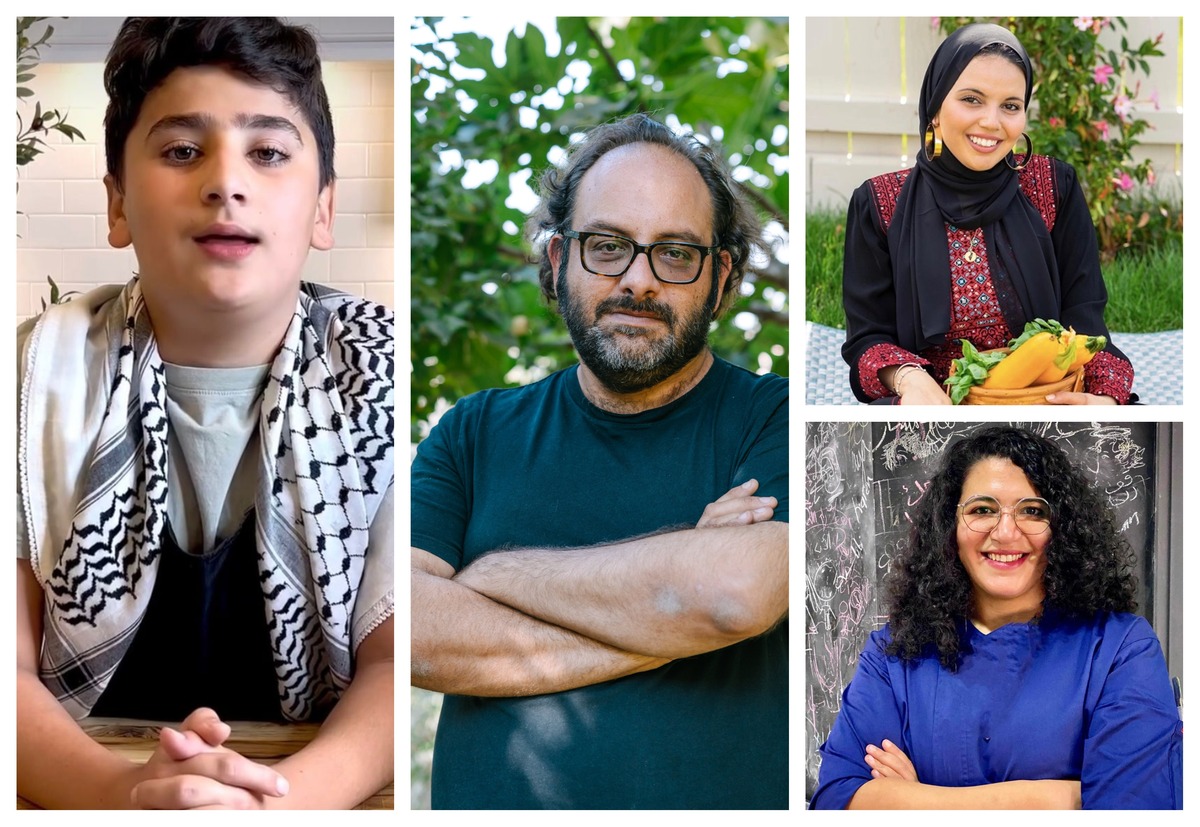
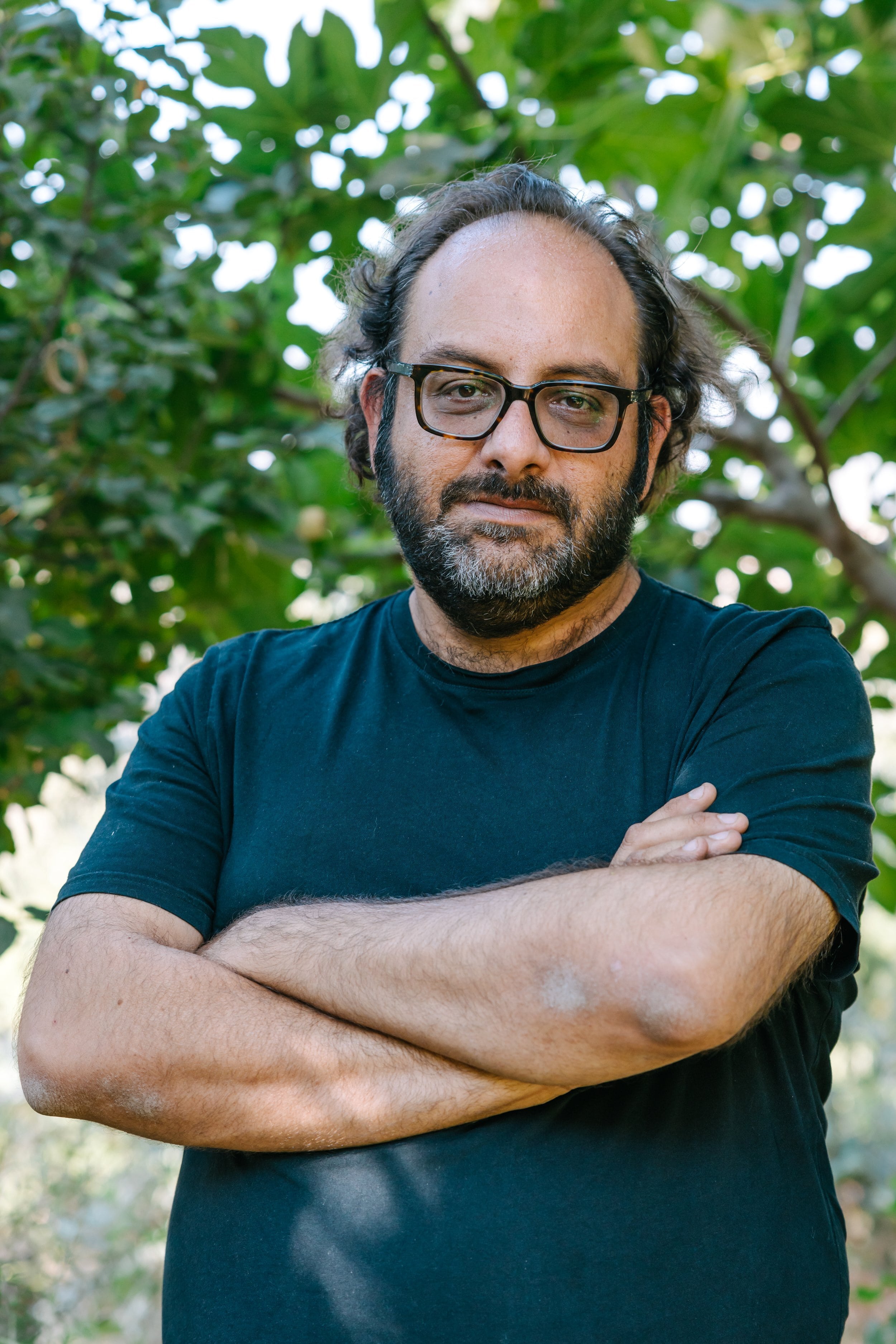
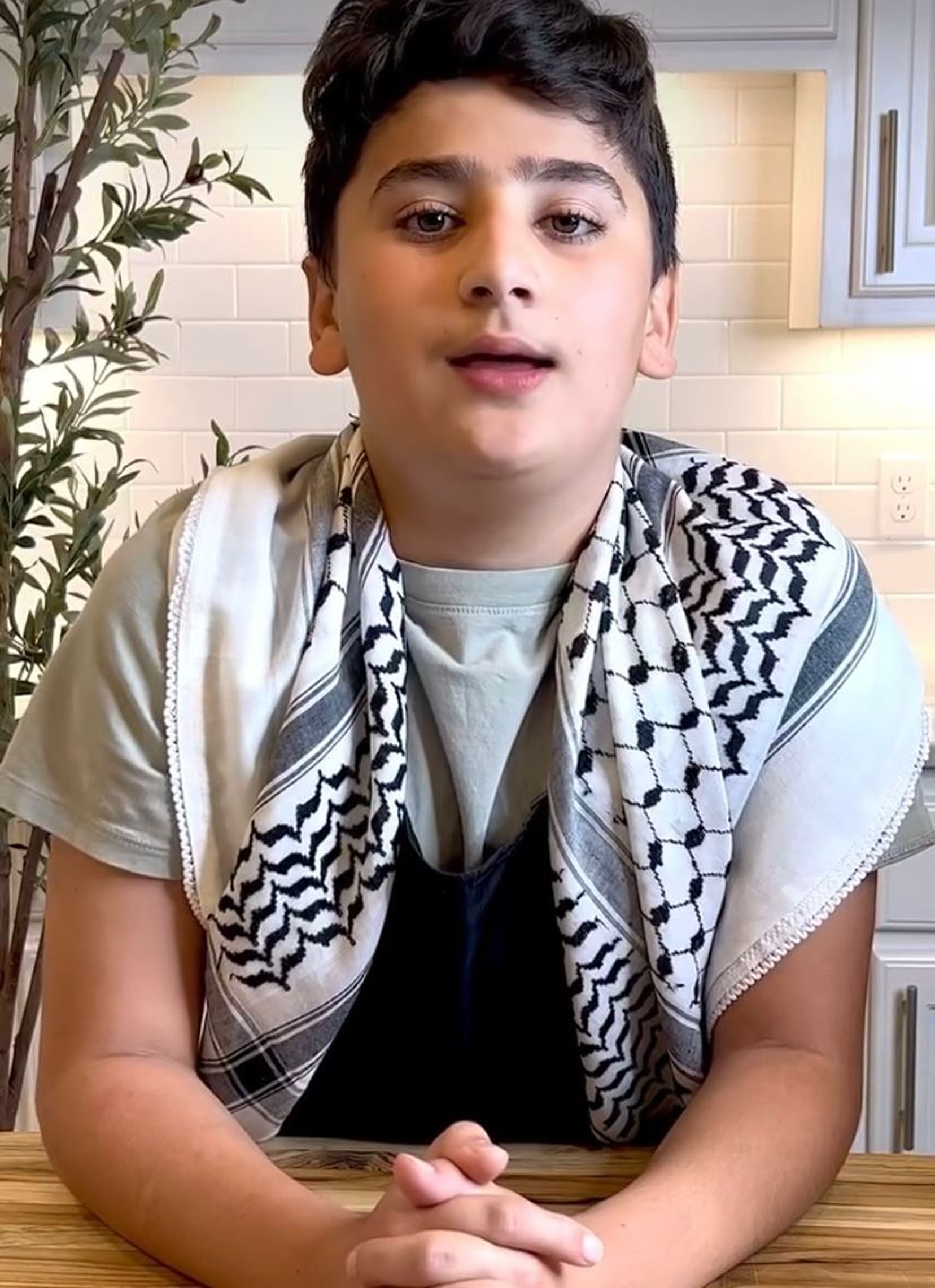
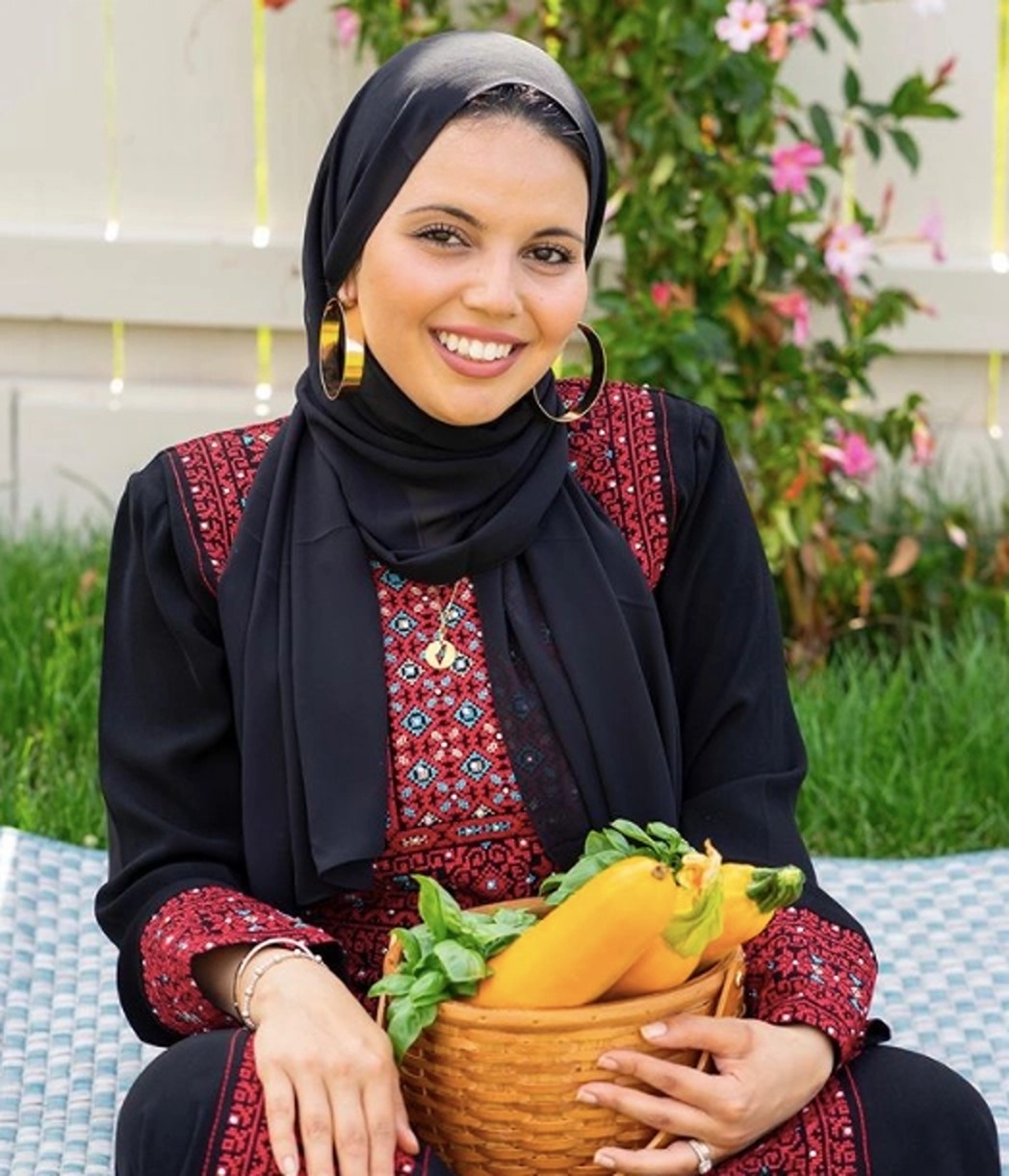
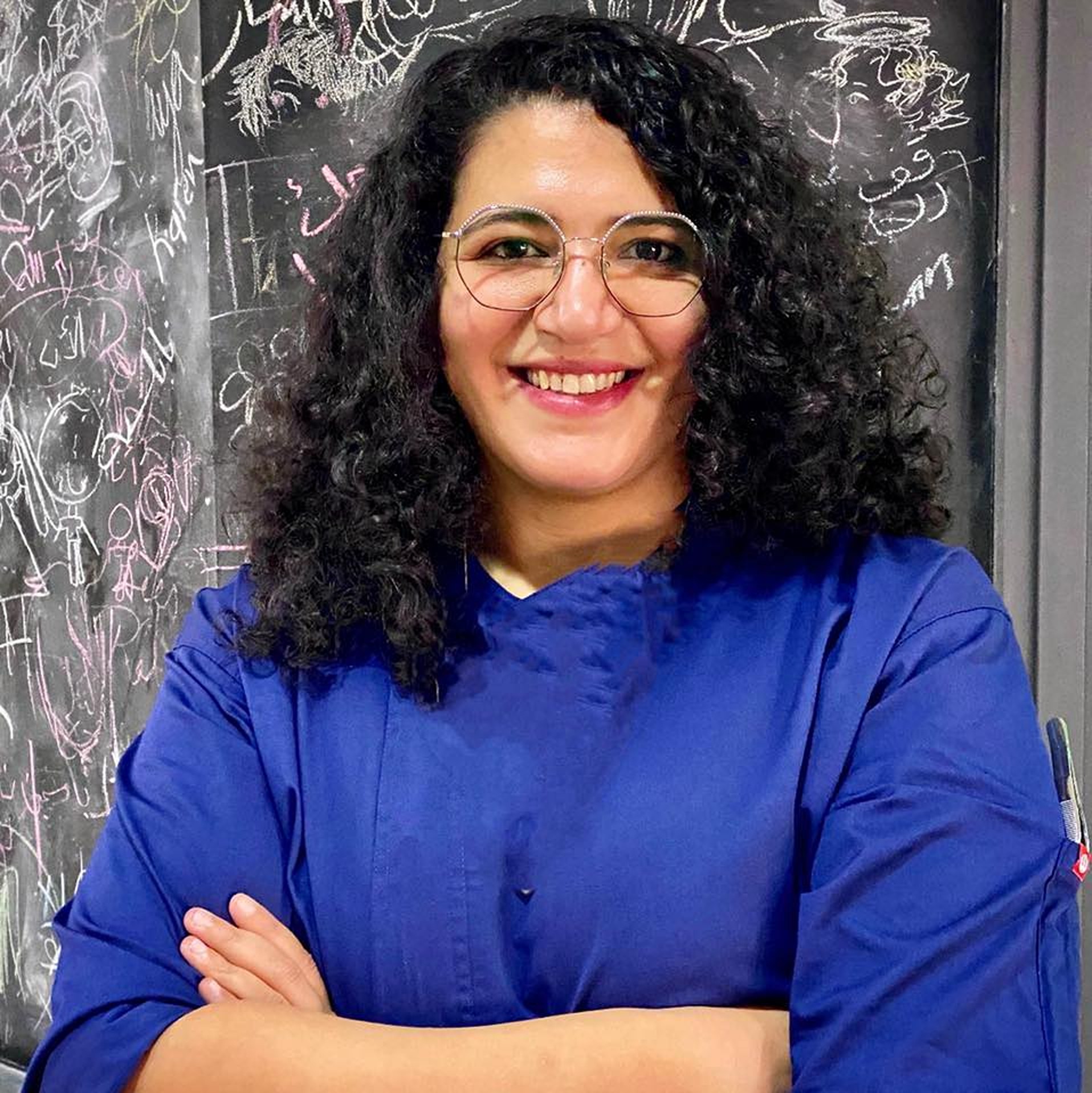




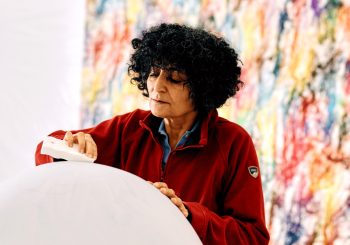

Comment (1)
[…] post Every Flavor, a Story of Resistence: Palestinian Chefs Uphold their Culinary Legacy first appeared on Egyptian […]